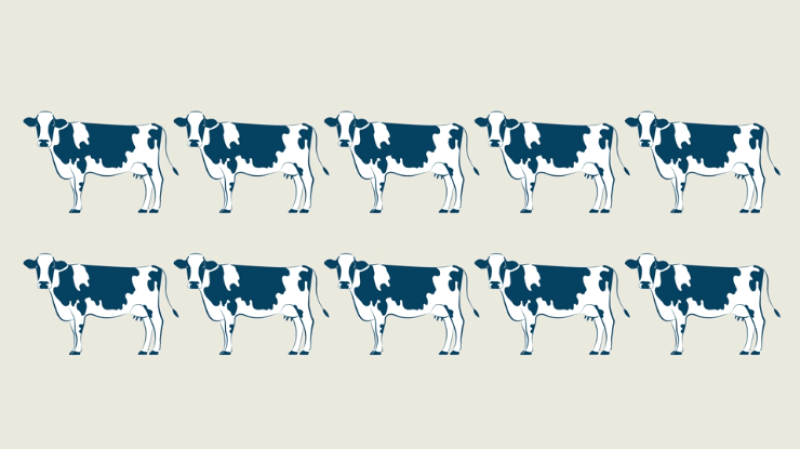While the overall biotech industry in South Dakota is small — about 66 firms — the state is emerging as a national force in transgenic animals.
…
These advances have been fast-tracked thanks to improvements in CRISPR technology, which allows scientists to edit genes with previously unimaginable precision. Ostensibly, the method used by SAB Biotherapeutics — boosting compromised immune systems with healthy, fully human antibodies grown in cattle — could be replicated to tackle autoimmune disorders such as rheumatoid arthritis and even the holy grail: oncology. The company already has a treatment for Ebola in the works, too.
Transgenic animals could also be used to improve drug research, helping scientists test medicines on human systems without having them attached to a live person. “There’s a longstanding understanding that trying to test therapeutics on animals doesn’t often translate well when you test in humans,” says James Hughes, director of the Institute for Ethics and Emerging Technologies, a think tank based in Boston. Having more access to human antibodies, even ones bred in non–Homo sapiens, could be a giant leap for the scientific community.
The GLP aggregated and excerpted this article to reflect the diversity of news, opinion and analysis. Read full, original post: Can Cloned Cows Cure Human Disease?































